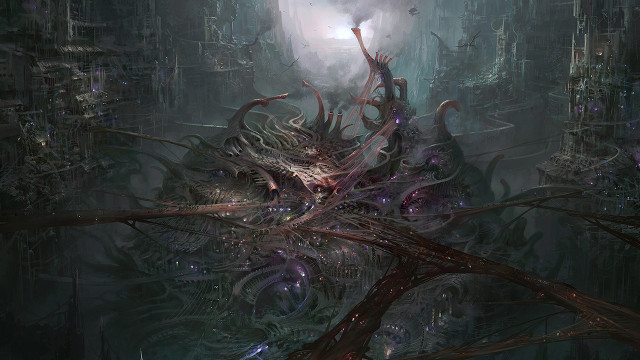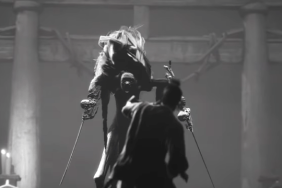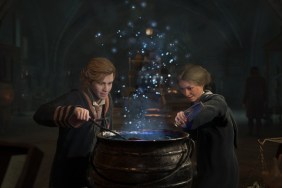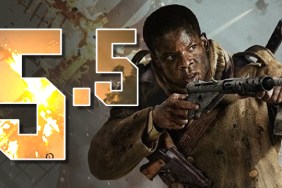Torment: Tides of Numenera is one of the most fantastic RPG adventures upon which I've ever embarked. Being composed of more than 1.2 million words, it has many stories to tell you in whatever way you want them to be told, with its truly meaningful choice system.
That being said, Tides doesn't tell you everything you need to know. Sure, it will take you through many of the basics and at least get you on your feet. As for the game's many intricacies, though, Tides leaves you to figure those out. Of all the things I've learned throughout dozens of hours of playing, here are the five most important things to know before playing Torment: Tides of Numenera.
5. It's Good To Die (Usually)
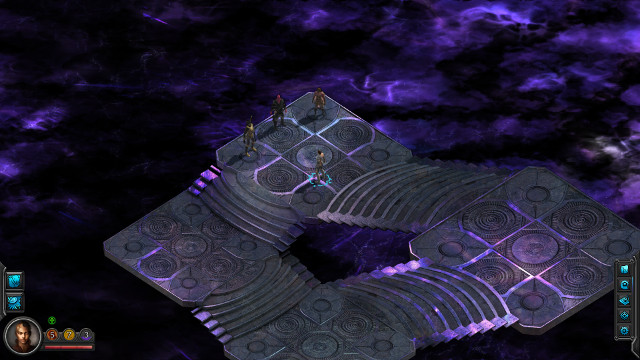
In the far less existential sense of the phrase, there is no need to fear death. Not in Torment: Tides of Numenera, anyway. When you die in Tides, your character goes to a place called the Labyrinth, where you meet with spirits that have formed in your memories. This can be done to aid or complete quests, and you can exit out a pretty obvious portal when you're done. After doing so, you'll end up right about where you died.
That being said, you shouldn't always be so cavalier about meeting your end. In certain places in Tides, your death will be of the more permanent variety. This isn't to say that you're back to square one, or anything; it isn't a roguelike. You can still reload your last save. The point is, though, that you'll lose some progress, as opposed to getting a free trip to the Labyrinth and ending up right where you were.
Entering the Labyrinth is much easier by finding nonlethal means to do so. For example, the woman named Tranquility in Caravanseri can take you there without killing you.
4. Increase Your Edge
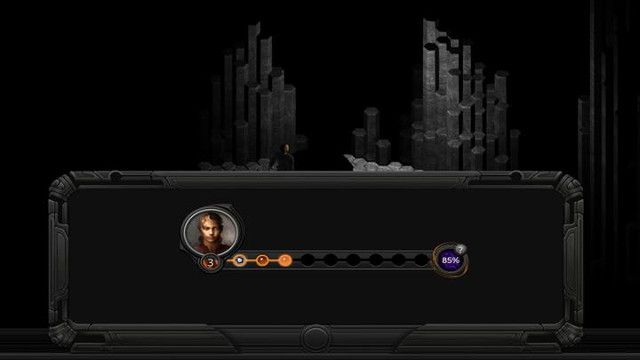
How important Edge is cannot be overstated. In my review, I briefly went over the three unique stat pools – Might, Speed and Intellect – and how you can spend out of those pools (called "using effort") to complete certain actions. If you increase your Edge in those stat pools, though, you can get the same results without spending as much.
Every one point in Edge decreases the amount you need to spend by one. It basically gives you a free point to spend. So, if I have three Edge in Intellect, I can put three Effort into completing a task without spending three Intellect.
It's a complicated way of saying that you can use Intellect without actually spending Intellect. This is important because it increases the amount of time you can go without sleeping or using stat items. Recently, I was able to complete five intellect challenges in a row without spending a single point in Intellect because my Edge is so well-leveled.
3. Don't Mess With Merchants
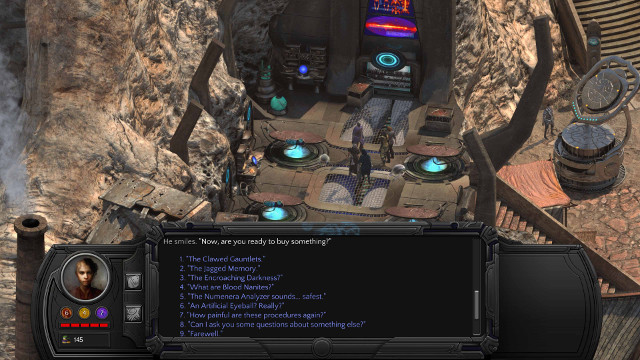
As is par for the course with Tides of Numenera, you talk to everyone who has something to say. And, if that conversation includes an option that lets you use a stat pool, you always do so, because it can only yield positive results. For example, I can Persuade someone to give me more information or to give me an item they might otherwise hold onto.
When you talk to someone who says they're selling something, you need to alter your strategy. I ran into a merchant in the Bloom who appeared to be hiding something behind her scarf. Before asking to buy stuff from her, I deceived her into accidentally revealing what was behind her scarf. She was not grateful.
In fact, she barred me from every trading with her. I couldn't see what she had, I couldn't apologize and I couldn't even talk to her. I have a sneaking suspicion that she was to sell weapons and armor, which I desperately needed throughout that area. So, I learned a very important truth: don't mess with merchants.
2. Hold Tab
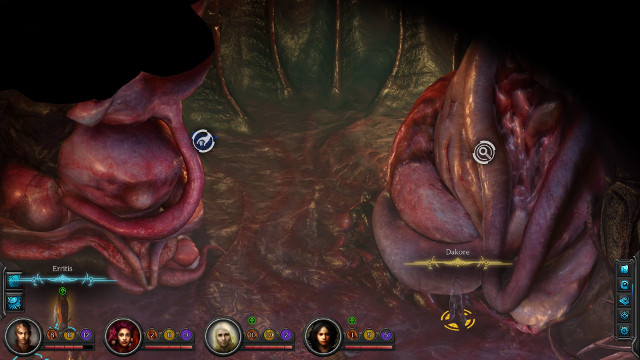
Man this would have really helped me in the early goings. When you walk around Torment you just see a lot of stuff. Everything that you can interact with isn't highlighted in any specific way so as to not mess up the art design. It's an aesthetically pleasing decision. However, unless I hover my house over every possible piece of the environment, I'm not going to know what I can examine, loot, or interact with.
That is, unless I simply hold tab.
Holding tab with show every object with which you can interact by showing the icons that you'd otherwise have to hover your mouse over to see. This is immensely helpful in terms of hastening your playthroughs and being able to find loot. I remember early in the game I didn't have a free place to sleep, but I also didn't have enough shins to pay for a place to sleep. Highlighting loot spots saved me from that fate in the futre.
1. Hiding
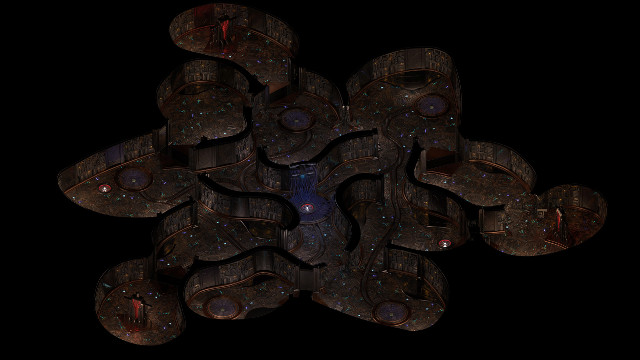
Yes, I knew hiding was a thing, but I didn't know how important it was. Especially early on, I built my party to mostly avoid combat where possible. That made those times when it wasn't possible a huge headache.
One area in particular, the Anechoic Lazaret, is crawling with hostile drones that want to peel the flesh from your bones. And they'll do it, too, by sheer numbers alone. As the more you fight, the more you'll attract until they murder every one of your party members.
This is where I found out that I can have all of my party members hide and just sneak around doing what I need to do. This won't work in every scenario, as some enemies are blinded, and they will sense you by hearing, rather than sight, but it's very good avoiding combat when it would be too much.
